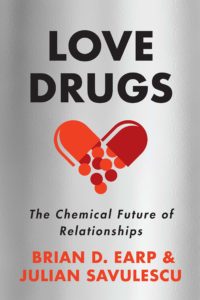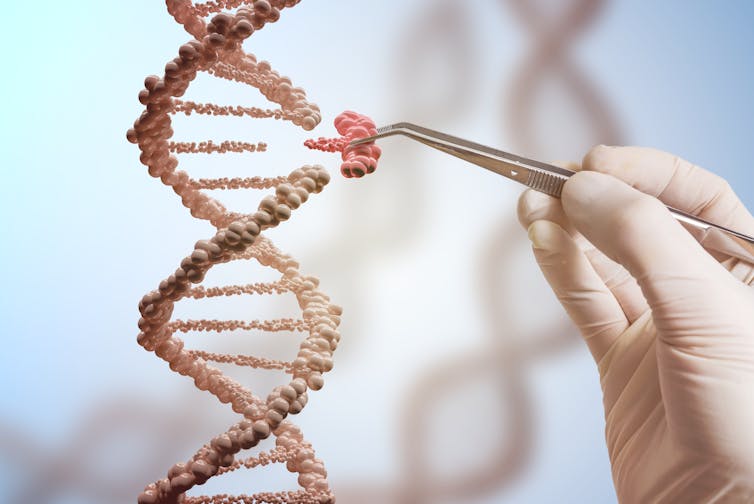The Right Not to Know and the Obligation to Know
By Ben Davies
Most people accept that patients have a strong claim (perhaps with some exceptions) to be told information that is relevant to their health and medical care. Patients have a Right to Know. More controversial is the claim that this control goes the other way, too. Some people claim, and others deny, that patients also have a Right Not to Know.
A number of considerations (harm to the patient; autonomy; privacy) have been marshalled on either side of this debate over the past few decades (e.g. Laurie 2004; Robertson and Savulescu 2001; Herring and Foster 2012; Takala 2019). In this post, I focus on a distinct argument and its apparently unassailable logic. This is the view that a comprehensive Right Not to Know cannot be justified because in many cases a patient’s ignorance will likely lead harm to third parties (Council of Europe 1997; Rhodes 1998; Harris and Keywood 2001).



